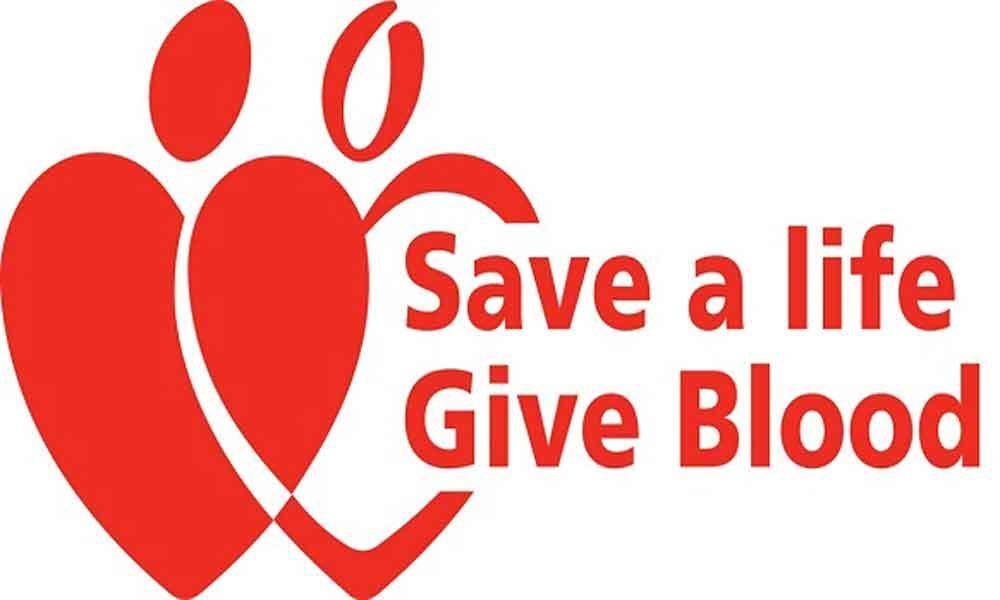The Joy of Saving Human Lives

World Blood Donor Day is celebrated every year by the people in many countries around the world on 14 June. World Blood Donor Day is celebrated every year on the day of birthday anniversary of Karl Landsteiner on June 14, 1868.
World Blood Donor Day is celebrated every year by the people in many countries around the world on 14 June. World Blood Donor Day is celebrated every year on the day of birthday anniversary of Karl Landsteiner on June 14, 1868.
Karl Landsteiner, was an Austrian biologist, physician and immunologist who discovered ABO Blood grouping in 1900. He, along with Alexander S Wiener, discovered Rhesus factor in 1937, thus enabling physicians to transfuse blood without endangering the patient's life., He also discovered the polio virus in 1909 with Constantin Levaditi and Erwin Popper. He was awarded the Nobel Prize and is regarded as the 'Father of Transfusion Medicine'
Need for blood donation
Every two seconds someone in India needs blood. Every day, roughly 36,000 units of red blood cells are needed in India. Simply put, that's a lot of blood. Patients with sickle cell diseases or cancer need blood transfusions throughout their treatments. Since blood can't be made or manufactured, these patients depend on blood donors for their very lives.
Benefits of giving blood
By donating blood you'll be saving up to three human lives each time. Here are some of the benefits you gain for you humanitarian efforts. Donating blood at least once a year could reduce your risk of a heart attack by 88 per cent, according to a study conducted by the American Journal of Epidemiology.
High levels of iron in the blood constrict your blood vessels and create more risk of a heart attack. Depleting those extra iron deposits by donating blood gives your vessels more room to operate. It can even prevent Liver Damage. Giving blood stimulates the Bone marrow to produce new red blood cells
What motivates blood donors
The Joy of Saving Human Lives, according to latest study on Donor motivation "Alturism or Joy of saving human lives" has been the sole motivator in 78% of the blood donors
Giving blood can also help your mental state. While there are several physical benefits to donating blood, the most powerful health benefit is arguably in the psychological realm. Donating blood means that someone (or multiple people) somewhere will be getting the help they desperately need. This kind of regular, altruistic interaction has major psychological benefits.
Major Barrier for Blood Donation
The major barrier for blood donation in the modern society is "Lack of time." Fortunately, the Government of India has given a provision for availing of '1 day special leave' in all private/public institutions as per G.O.Ms.No. M&H 137(Ni) dt 3-2-1984. However lack of awareness of this provision is the prime reason for this excuse.
Demand for Platelet/SDP Donation
The demand for SDP or platelet donations by apheresis is high in cancer patients and in viral fevers like Dengue hemorrhagic fever. The lack of awareness that modern day Apheresis donations are practically safer and more useful than normal blood donation is the reason for fear in some donors. However, once we explain and they experience it ,they usually become regular platelet donors.
Once a Donor... always a Donor
Usually it takes only one donation experience to make blood donation a habit. I had the first blood donation experience at an age of 19 years and have become a regular blood donor since then. If we inculcate the habit of blood & platelet donation it becomes the culture and tradition of society. (Writer is Transfusion Medicine Consultant, KIMS Hospitals,Secunderabad)
By Dr K Hitesh Kumar








